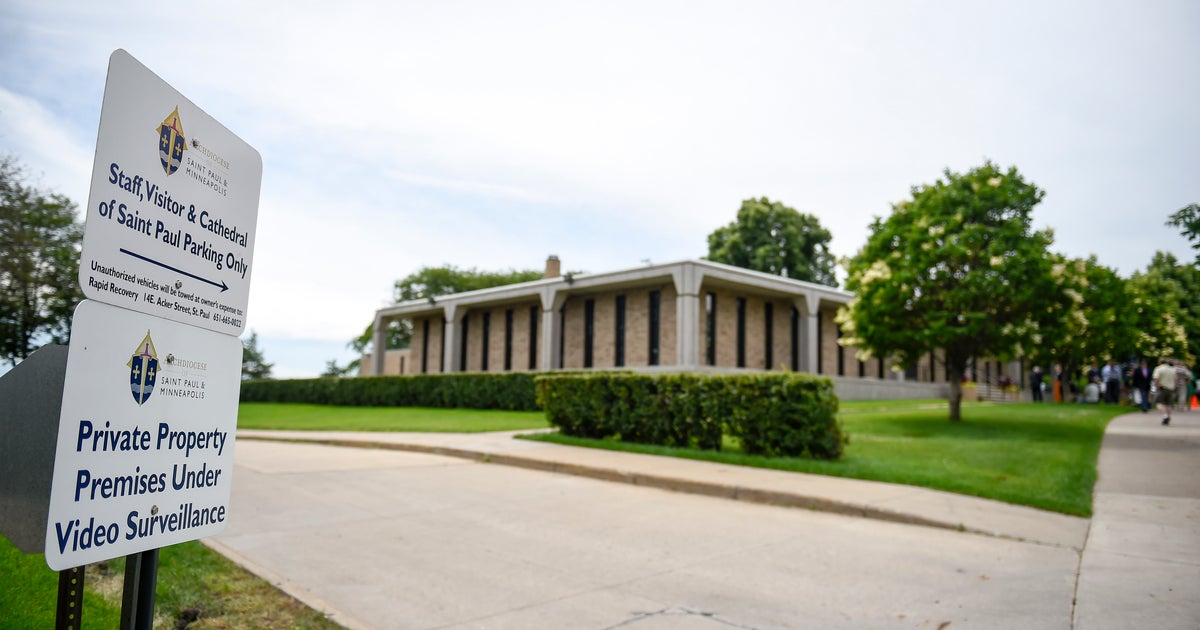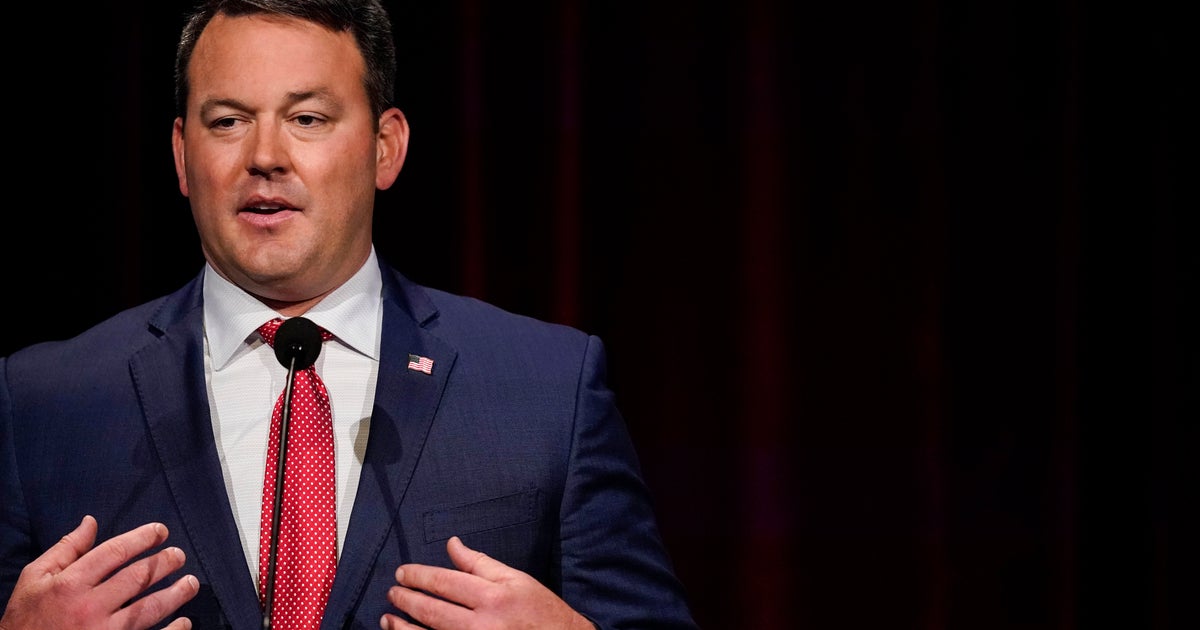Supreme Court rules Maine's exclusion of religious schools from state tuition program is unconstitutional
Washington — The Supreme Court on Tuesday said schools that provide religious instruction cannot be excluded from a Maine tuition assistance program available to students in rural areas of the state, finding the state's requirement that only nonsectarian schools can participate in the program violates the First Amendment.
The court's decision fell along ideological lines, with the six conservative justices finding that Maine's tuition assistance program did not pass constitutional muster under the free exercise clause and the three liberal justices in dissent. The high court reversed a decision by the 1st U.S. Circuit Court of Appeals upholding the program.
"The state pays tuition for certain students at private schools— so long as the schools are not religious. That is discrimination against religion," Chief Justice John Roberts wrote for the majority. "A state's antiestablishment interest does not justify enactments that exclude some members of the community from an otherwise generally available public benefit because of their religious exercise."
The program, he concluded, "operates to identify and exclude otherwise eligible schools on the basis of their religious exercise."
Writing in dissent, Justice Sonia Sotomayor called it "irrational" for the Supreme Court to rule that the free exercise clause prohibits Maine from giving aid to parents to fund a religiously neutral education.
"This court continues to dismantle the wall of separation between church and state that the Framers fought to build," she wrote.
The ruling from the court, now with a 6-3 conservative majority, is the latest in a growing line of decisions favoring religious parties. In a 2020 case involving a Montana scholarship program, a divided court ruled 5-4 that states cannot exclude schools from receiving public benefits solely based on their religious status or identity.
Michael Bindas, a senior attorney with the Institute for Justice who argued the case before the court, praised the decision, saying it "makes clear, once and for all, that the government may not bar parents from selecting religious schools within educational choice programs, whether because of their religious affiliation or the religious instruction they provide."
The program at issue in the Maine case, Carson v. Makin, allows families who live in rural areas with school districts that don't have their own secondary school to contract with another institution to receive state-funded tuition to send their children to a public or private school — in Maine or out of state — of their choosing. But the state will only cover tuition under the program at schools that are nonsectarian, or those that do not provide religious instruction or present material through a religious lens.
Maine has nearly 180,000 K-12 students, of which a small fraction, 4,565, are secondary school students who attended private schools through either a contract for schooling or the tuition program.
In 2018, two sets of parents, David and Amy Carson and Troy and Angela Nelson, challenged the program in federal court, arguing the state's exclusion of religious schools unconstitutionally discriminates on the basis of religion.
The Carsons wanted to use the tuition program to pay for their daughter's schooling at Bangor Christian School, while the Nelsons wanted to send their son to Temple Academy, which aligns with their religious beliefs. Neither of the two schools are eligible for the state's program, though it's unclear whether they would accept the public money.
The 1st Circuit ruled in favor of Maine, finding the program doesn't discriminate based on schools' religious status, and the parents appealed the decision to the Supreme Court.



